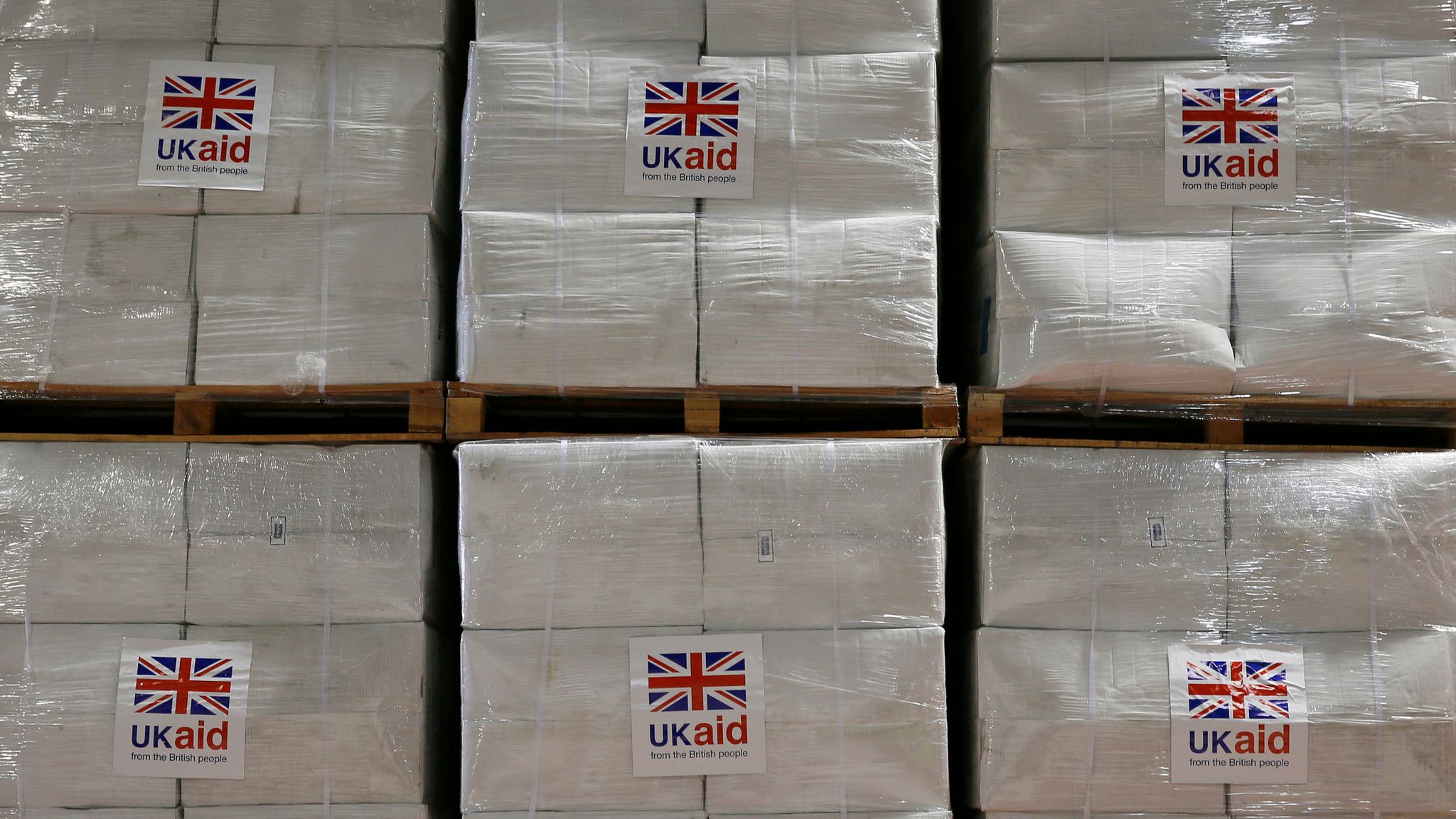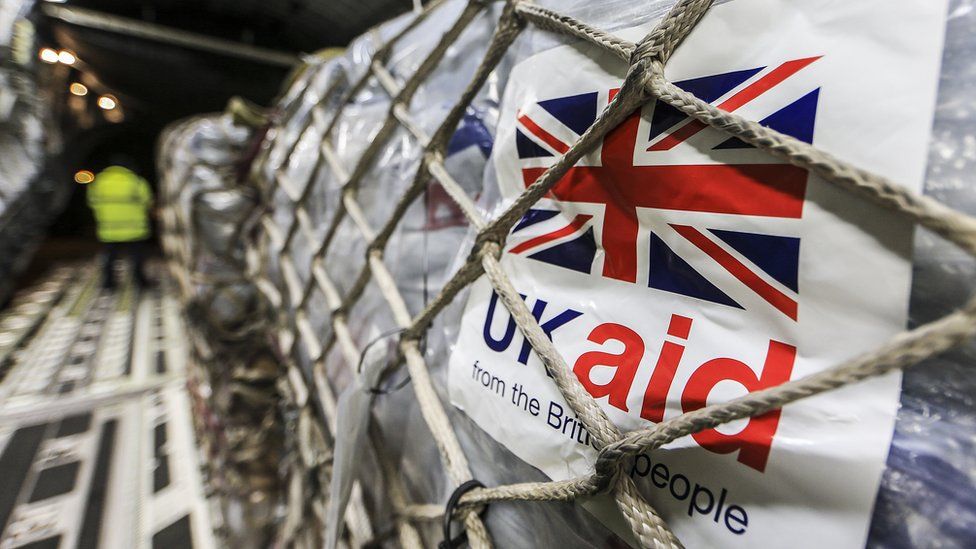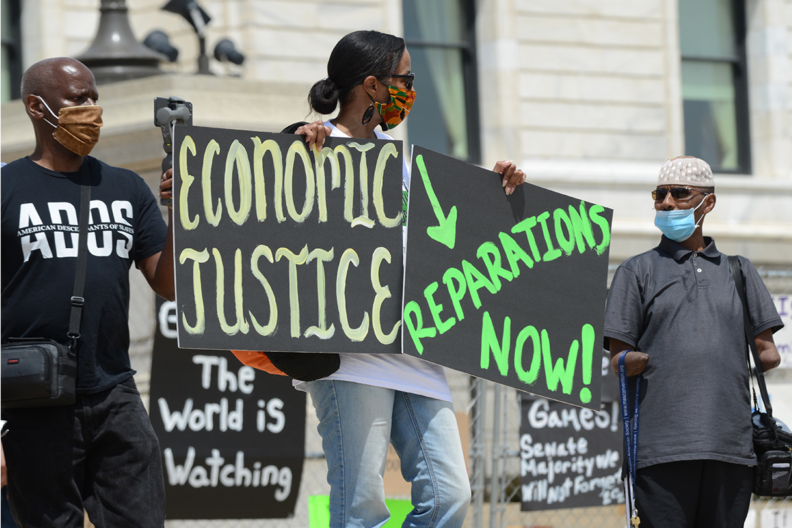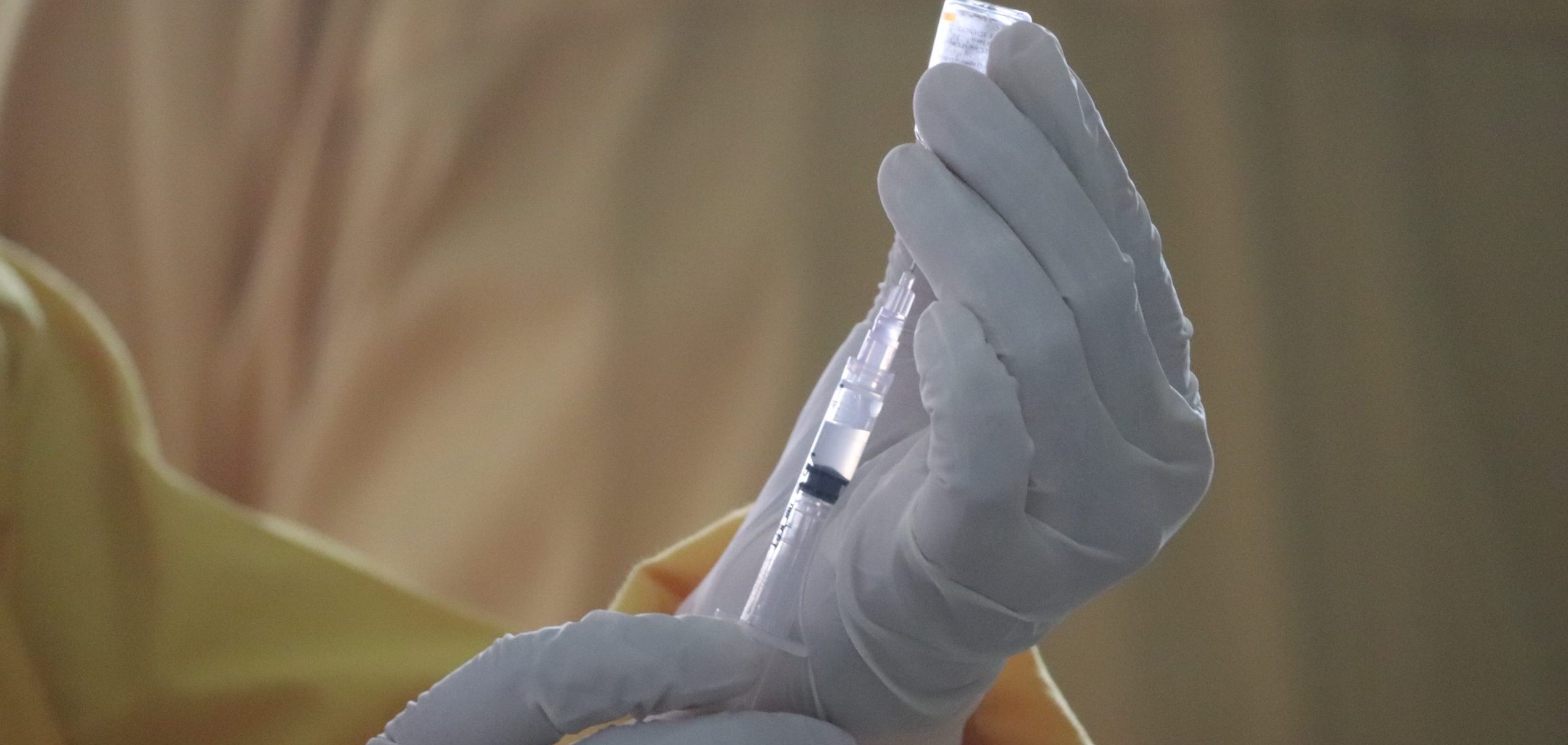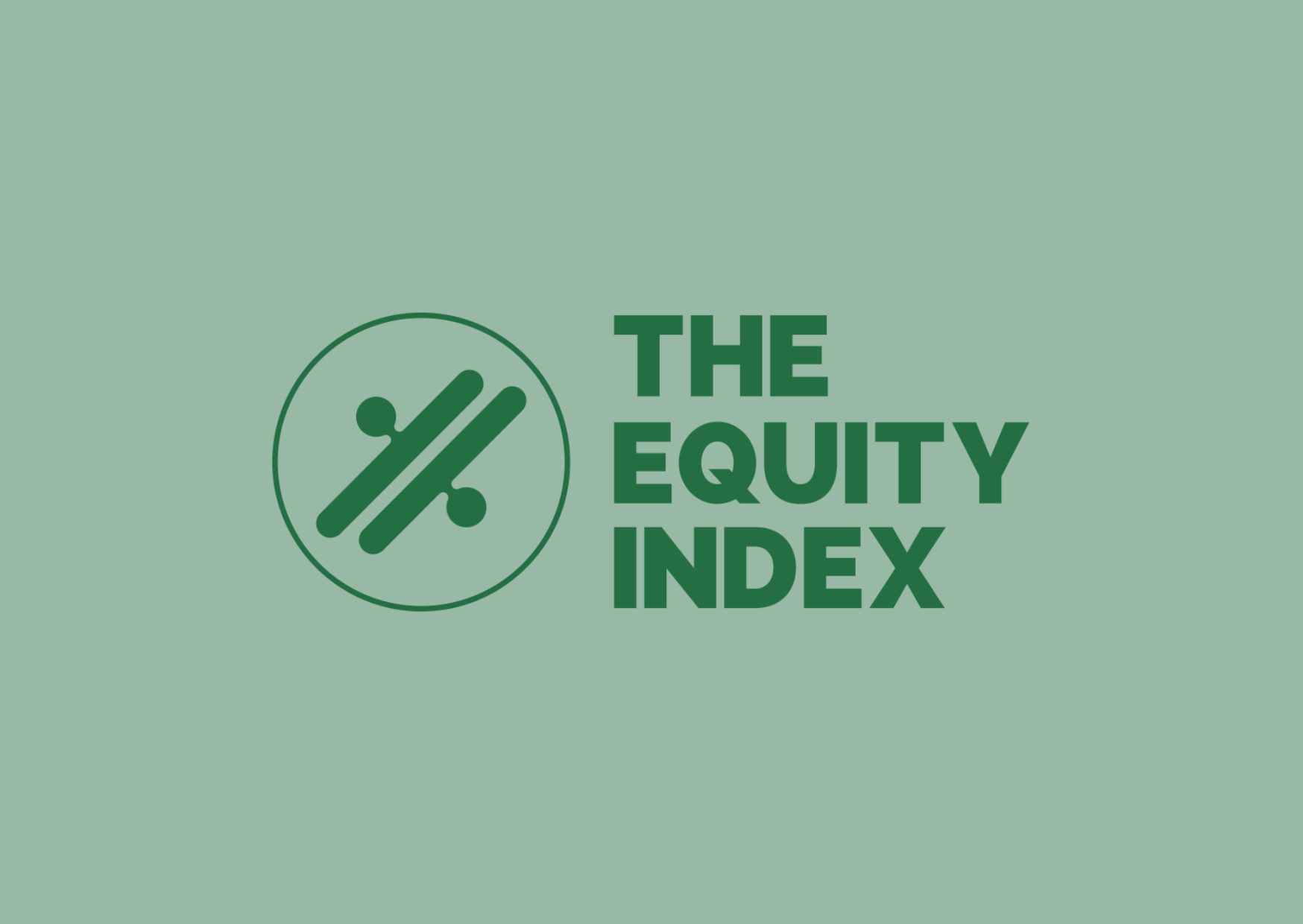French legislative elections: Path towards democratic progress or risk of ungovernability?

French legislative elections: Path towards democratic progress or risk of ungovernability?
At first glance, France and the United Kingdom seem to be following opposite trajectories. Following the legislative elections on July 4th, the United Kingdom regained a certain political stability with a clear victory for the left after eight chaotic years since the vote in favour of Brexit. At the same time, France is in turn marked by the breakthrough of a populist and xenophobic party. The Advocacy Team’s Junior Associate, Mathilde Benguigui takes a closer look at the events in France, what might unfold in the days and weeks ahead and what this all means for international co-operation and development.
Election Results and Political Stakes
Following the crushing results of the presidential party at the European elections, where it secured only 14.6% of the vote, Macron dissolved the French Parliament and called for a snap election, a first since 1997. This decision came in response to the far-right’s alarming rise, which secured 31.37% of the vote. This surge was seen as a clear disapproval from the population of Macron’s leadership and policies.
The first round of legislative elections on June 30th saw a significant turnout, with abstention rates falling to 33% from 52% in 2022. The far-right emerged as the leading party with 29.26% of the vote followed by the left-wing coalition with 28.06%, and Macron’s party trailing in third with 20.04%.
The second round, anticipated to be a decisive showdown, saw concentrated effort from the left and the centre to prevent a far-right majority. This resulted in a victory for the left-wing coalition, which won 188 seats, while Macron’s party and the far-right secured 161 and 142 seats, respectively. This outcome was facilitated by strategic withdrawals from the presidential party and the NFP in many constituencies to block the far-right.
Despite the electoral success of the left coalition, internal disagreements pose a significant risk to its stability. Within the coalition, no single party holds a majority: La France Insoumise has 71 seats, the Socialist Party has 64, the Greens hold 33 seats, the Communists have 9, and 3 additional seats for others.
Given the competing political and personal agendas, reaching consensus on key issues could prove challenging. One possible outcome is the coalition splitting, with the moderate socialists and greens joining forces with Macron’s Ensemble to support part of the presidential program.
Future implications for Governance
With no absolute majority, France will face a period of coalition- building to pass legislation. Diving into programs, the left-wing coalition’s priorities focus on social, ecological, and democratic reforms, contrasting with the far-right’s emphasis on immigration, security, and economic concerns. Notably, the left coalition is the only one to emphasise the need for France to enforce its commitment to allocate 0.7% of its GNI to Overseas Development Assistance. Smaller parties will play a crucial role in forming effective coalitions within the new parliament.
This election marks a shift from traditional presidential dominance to a more balanced power structure, where passing laws will require thorough debate and consensus. While this could lead to political instability if parties fail to agree, it also presents an opportunity to foster a more democratic process.
Indeed, although Macron retains significant powers, without a parliamentary majority, his ability to govern unilaterally is limited. Tools like Article 49.3 of the constitution, which allow the government to pass laws without a parliamentary vote by engaging the responsibility of the government, will still be available but risky without broader support. The coming months will be crucial in determining whether parties can collaborate for the country or if their strategies for the 2027 presidential election will result in major obstacles, driven by their own personal ambitions to govern.
Looking Ahead
The current Prime Minister, Gabriel Attal, submitted his resignation this morning, July 8th. The president has declined to accept it as of now in order to preserve the stability of the country. Macron will await for the new balance of power in the national assembly to take shape before appointing a successor. Meanwhile, Gabriel Attal will continue to handle current affairs.
The next key moment in parliament will be the election of the President of the Assembly on July 18th which will give a first glance into emerging power dynamics and new alliances in parliament. We might be expecting the appointment of a new prime minister then.
Public figures like Stephane Sejourne, the current Foreign Affairs Minister and head of the Presidential Party, has asserted that Jean Luc Melanchon and some of his allies cannot govern France. Meanwhile, Jean-Luc Melenchon, leader of La France Insoumise and a key figure in the left-wing coalition, has already refused to enter negotiations with the presidential party. He has called on Macron to invite the Nouveau Front Populaire to govern. The NFP plans to present a candidate for Prime Minister in the coming week.
Stay tuned for further updates on French and International elections, and how these dynamics might impact global politics and the international development landscape.
1 Vie Publique, (2022) https://www.vie-publique.fr/eclairage/285919-resultats-des-elections-legislatives-1997
2 Parlement Européen, (2024) https://results.elections.europa.eu/fr/france/
3 Ministère de l’Intérieur et des Outre-Mer (2024), https://www.resultats elections.interieur.gouv.fr/legislatives2024/ensemble_geographique/index.html
4 Cokelaere. H (2024) https://www.politico.eu/article/france-left-wing-marine-le-pen-far-right-national-rally-jordan-bardella-seats-new-popular-front/?utm_source=email&utm_medium=alert&utm_campaign=How%20France%20voted%3A%20Charts%20and%20maps
5 Lehot-Couette.M, Pigeau.V, France Info (2024) https://www.francetvinfo.fr/elections/legislatives/infographies-resultats-des-elections-legislatives-2024-decouvrez-en-direct-la-composition-de-l-assemblee-nationale_6645201.html
6 Rassemblement National (2024), https://rassemblementnational.fr/documents/202406-programme.pdf
7 La France Insoumise (2024), https://lafranceinsoumise.fr/wp-content/uploads/2024/06/Programme-nouveaufrontpopulaire.pdf
8 Romano, C. (2024), Public Senat, https://www.publicsenat.fr/actualites/politique/legislatives-2024-stephane-sejourne-affirme-jean-luc-melenchon-et-certains-de-ses-allies-ne-peuvent-pas-gouverner-la-france
9 BFM TV, (2024), https://www.bfmtv.com/politique/elections/legislatives/resultats-legislatives-2024-melenchon-affirme-que-macron-a-le-devoir-d-appeler-le-nfp-a-gouverner_AV-202407070408.html#:~:text=Alors%20que%20le%20NFP%20ne,’on%20nous%20disait%20impossible%22.
Written by:
Junior Associate, Mathilde Benguigui






